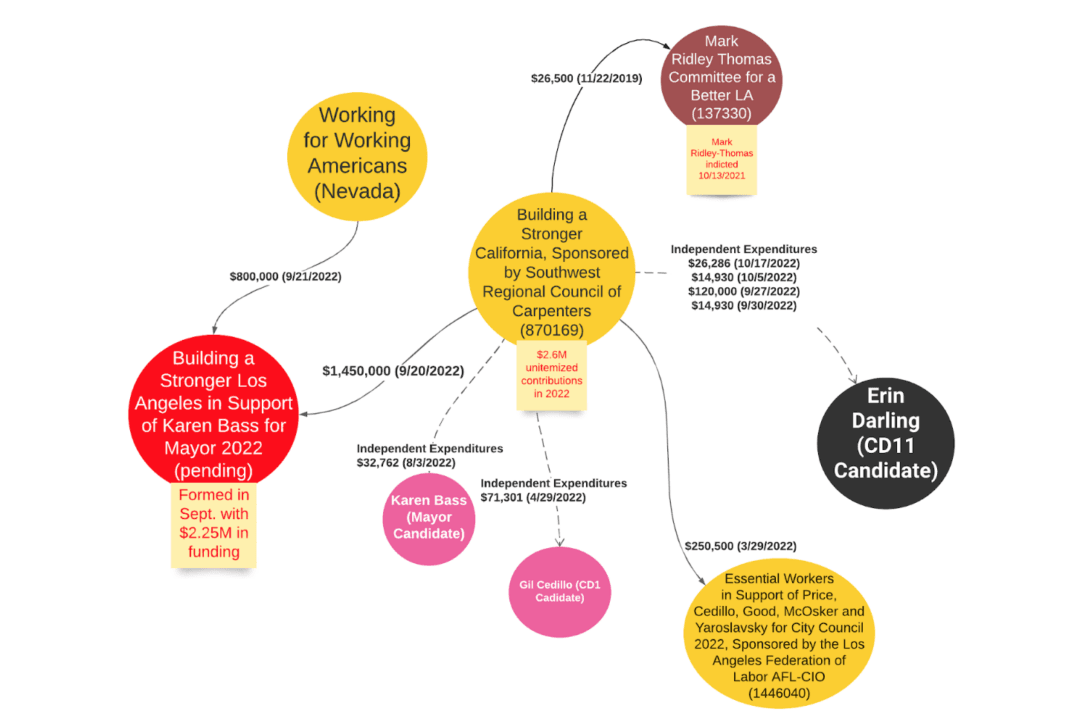Commentary
VENICE, Calif.—Over the last few weeks, my mailbox has been inundated with campaign mailers for our local elections. My routine practice in the past was to toss these directly into the recycling bin next to my mailbox.

VENICE, Calif.—Over the last few weeks, my mailbox has been inundated with campaign mailers for our local elections. My routine practice in the past was to toss these directly into the recycling bin next to my mailbox.